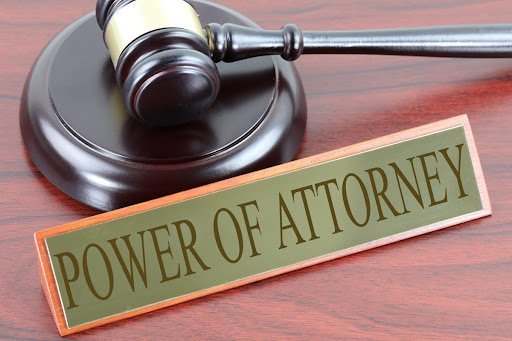In July 2021 the Ministry of Justice launched a three-month consultation to modernize the process of Lasting Powers of Attorney. It aims to boost the powers of the Office of the Public Guardian and bring the process in line with digital technology. But what is the Power of Attorney?
Lasting Power of Attorney is when a person who you have chosen can make your decisions in the event that you become incapacitated. That person (the attorney) might be called on to make decisions on your behalf if you can’t make those decisions for yourself because you no longer have the mental capacity.
Separate powers of attorney are required for healthcare and finance. Lasting power of attorney also shouldn’t be confused with ordinary power of attorney. With ordinary power of attorney, you are given the responsibility to make financial decisions while a person still has the mental capacity, but is incapacitated (for example in hospital for a period of time).
Because of the responsibility of the role, your attorney must be someone you trust, and a solicitor arranging it must be satisfied that there’s no undue pressure being placed on a person who is choosing their attorney.
Table of Contents
When Can Powers of Attorney Be Granted?
Powers of Attorney are granted by the Office of the Public Guardian. Your solicitor will draw up the agreement which will set out where your attorney has decision-making responsibilities and when they come into effect. For example, some may come into effect while you have the capacity, others might only come into effect when the donor can’t make decisions for themselves.
Lasting Power of Attorney can only be granted if the person has the capacity to make that choice of their own free will. If a person’s mental health has deteriorated to the extent that they cannot make decisions, a solicitor cannot arrange lasting power of attorney.
The legal responsibilities of Lasting Power of Attorney come under the Mental Capacity Act 2005.
Who Can Be an Attorney?
When people choose an attorney it’s usually someone like a close friend or relative. Perhaps the most important factor is trust. They must also have the mental capacity to make their own decisions.
An attorney is duty-bound to have made all possible efforts to give you the chance to have made a decision before taking a decision to act on your behalf.
An attorney must be over 18 but does not need to be a UK resident or British citizen. You can cancel or change your attorney if you choose too.
If you have concerns about an attorney you can make a report to the Office of the Public Guardian
What Might an Attorney Do?
An attorney looking after a person’s finances and property is legally a different role to the one looking after their health and welfare. However, the same person can be the attorney for both.
An attorney responsible for property and financial affairs might make decisions about things like looking after the home and paying for items such as food and heating:
- Bills, pensions and benefits
- Bank and building society accounts
- Property
- Investments
If you have the responsibility for the health and welfare of a person you might make decisions on medical care and the person’s daily routine:
- The donor’s place of residence
- Clothes and appearance such as haircuts
- Maintenance and upkeep of the home
- Paying for extra care to help the donor visit friends or relatives or to go on holiday, for example
The Different Roles of the Executor of a Will and Power of Attorney
Understanding the difference in the roles of the executor of the will and lasting powers attorney is important so you can fully protect your interests when choosing representatives. The same person can take on both roles, but the roles do not overlap.
Lasting Powers of Attorney end upon the death of the person the attorney is representing. If a will has been made, the executor of the will then takes over the administration of the will. A person who has the lasting power of attorney has no rights to carry out the duties of the executor. Equally the executor has no rights over the administration of the person’s affairs prior to their death.
If you have given someone legal power of attorney, do not think they will automatically become the executor of your will. And even if you were married, or in a civil partnership, the power to deal with your affairs does not automatically pass to your spouse or partner on your death.
If there is no executor, to deal with the estate a person will usually need to apply for Letters of Administration.
Final Thoughts
It’s perhaps natural to think that your spouse, civil partner or the person you are living with has the automatic right to deal with your affairs when you can’t. However, unless a Lasting Power of Attorney is arranged while you still have the capacity, then your loved ones might be in a challenging situation later on while trying to deal with your affairs.
Read Also: When Should I Hire a Criminal Defense Attorney?

